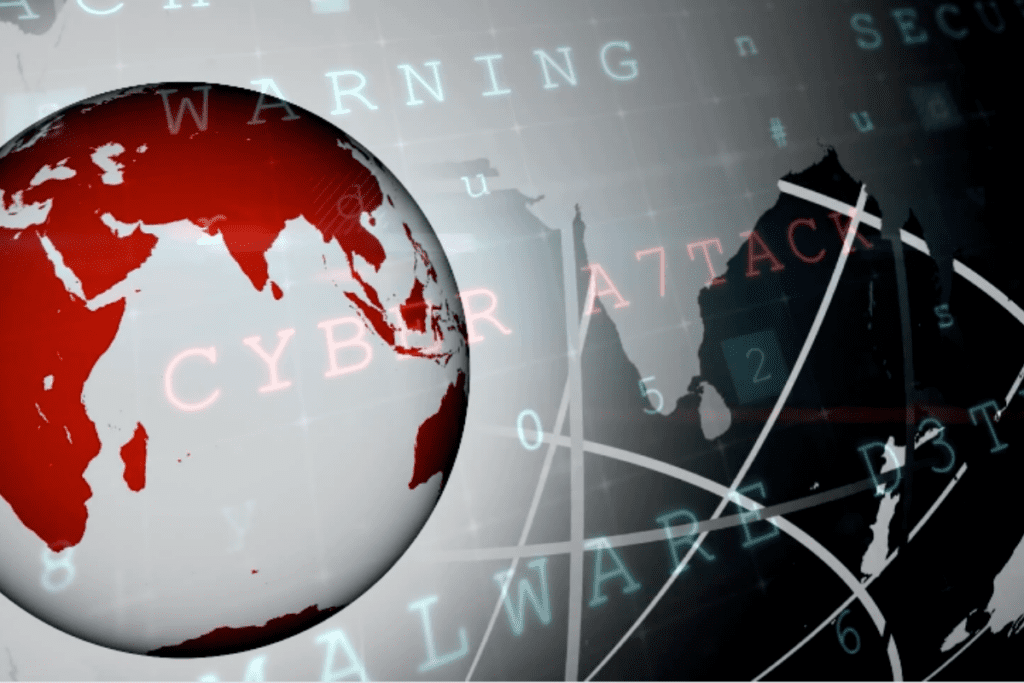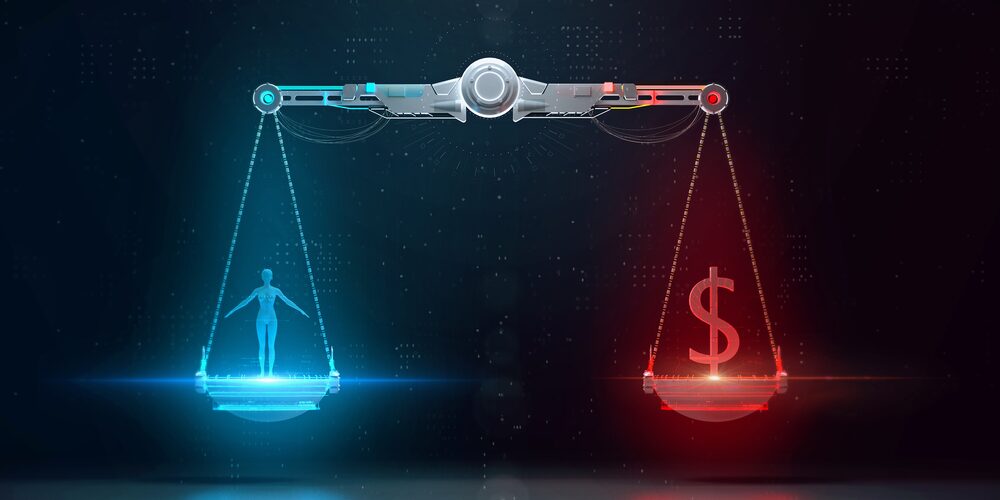A 2022 report by the Guardian states that the US and UK are on high alert for Russia-backed malware attacks. In the wake of the Russia-Ukraine conflict, new research by the National Cyber Security Centre shows that Russian-backed hackers are behind an insidious malware attack targeting firewall devices. According to the report, Russia’s cyber-attacks could have deep-seated implications on the safety and security of US and UK critical infrastructure.
The Harvard Business Review has expressed fears about a roaming cyber warfare initiated by Russia. According to the review, while the era of nuclear testing may be over, the age of cyberwarfare is now starting. There’s strong evidence tying Russia-backed attacks on Ukraine’s cyberinfrastructure.
And this is not a new scenario!
In 2015, following Russia’s invasion of the Northern Peninsula, Russian hackers seized power to approximately 230,000 customers in Western Ukraine. This state-sponsored group of attacks repeated the same trick the following year, increasing the number of victims to include the banking system and government agencies.
Although Russia’s state-sponsored cyberattacks have mainly targeted Ukraine’s infrastructure, experts warn of ripple effects on the critical European infrastructure. So far, cybersecurity experts warn that although Ukraine and Russia are at the center of cybersecurity warfare, organizations in the UK, Australia and the US will suffer serious disruptions as the conflict intensifies.
What You Can Do to Protect Yourself
Cybercriminals maximize and optimize on uncertainties, and Russia’s invasion of Ukraine could be just another upheaval that may put individuals and organizations at risk. According to a University of New Haven professor, “the problem is that kinetic warfare is always followed by cyberwarfare.” Thus, we will likely see a new wave of cyberattacks as the Russia-Ukraine conflict intensifies.
Experts note that while it’s unlikely that Russia’s hacking attempts will target critical European infrastructure, there’s a long-standing history of Russian attackers engaging in patriotic fights with nations not aligned with their government.
Therefore, as the Russia-Ukraine conflict escalates, this is an issue that private citizens need to be serious and concerned about. Critical business infrastructure will be affected, and billions will be lost in business disruption. Today, more than ever, individuals and businesses need to be proactive to protect themselves:
How to Protect Your Business as the Conflict Grows:
- High Alert. You can expect the types of scams from fake donations, texts, politically-oriented robocalls, and generally trying to get people to buy cryptocurrencies. So, never open an email attachment from an unknown source and be on the lookout for emails forwarded as attachments from sources you know. It’s safer to insert the URL yourself than to open an email as an attachment.
- Strong Password. Passwords should generally be 13-15 characters long with strategically placed special characters and symbols. Consider having different passwords for different online accounts. To help keep track of different passwords, you can use the services of trusted password managers like Apple, Microsoft, and Google.
- Update Antivirus Software. Most antivirus software can be set up to update automatically. Automatic updates will prevent hackers from accessing your laptop, computer, and smartphone and alert you to suspicious websites and downloads.
- Trusted Wi-Fi. Free Wi-Fi is likable because of its easy accessibility and cost. Unfortunately, hackers and cybercriminals can intercept your internet communications over the internet. Confirm the Wi-Fi connection you want to use belongs to a business you trust before using free Wi-Fi in a retail store or a coffee shop. If in doubt, use your internet connection, whether a Wi-Fi hotspot or your phone’s wireless connection.
- Cloud Security. Cloud services distribute discrete functions to data centers located in different locations, creating demand and pressure on interconnected networks. For a long time, cloud-based platforms like Facebook, Google Drive, and WhatsApp have only provided cloud services to a single computer system. Although interconnectivity can boost efficiency, it makes systems more vulnerable to hacking.
Experts recommend using a passphrase or an auto-generated authentication on a trusted and secure browser to increase security and protection. Indeed, a strong password is not enough. Multi-Factor Authentication is essential as it supplements the simplistic security of a passcode by requiring users to provide two pieces of evidence to gain access to a protected account.
- Phishing Scams. Phishing scams are another popular way of gaining access to sensitive business information. In January 2022, DW Corporation dealt with a string of emails prompting employees to click on malicious links sent from an unknown source. Since phishing attempts are hard to identify, experts advise that employees should not click, open, or respond to emails or requests whose legitimacy they’re not sure of.
If you are unsure whether an email is legitimate, verify that the sender’s name matches their email address. Check for errors, grammar mistakes, and never respond to money requests. If you think an email is a scam, delete it instantly and inform the relevant authorities – managers, security personnel, and IT specialists.
Institutional Attacks Over Personal Attacks
Following Russia’s invasion of Ukraine, experts warn that the looming cyber warfare could be institutional and not personal. Therefore, people should be more concerned about institutional and not personal attacks. But attacks on private citizens who work for corporations and government institutions that handle sensitive information are still a significant risk.
There’s no doubt that people who don’t care, those who fail to institute relevant security measures, represent the weakest link in the fight against cyber warfare. These people are the doorway for cybercriminals looking to stage a more powerful, more serious attack on critical infrastructure.
Edafio Technology – Cybersecurity Partner from Inception to Completion
Thus, prevention is critical in dealing with cyberattacks. Laptops, tablets, and personal computers should regularly be updated and maintained. That is mainly because malware is becoming increasingly prevalent in infecting computers and collecting sensitive information. New software must be purchased, and businesses must pursue emerging IT solutions, including managed IT services. For instance, cybersecurity consulting and outsourcing present unique opportunities for enterprises to take advantage of changing security trends by leveraging best-in-class security.
Contact Edafio Technology Partners to know how you can make a stride in cybersecurity.








